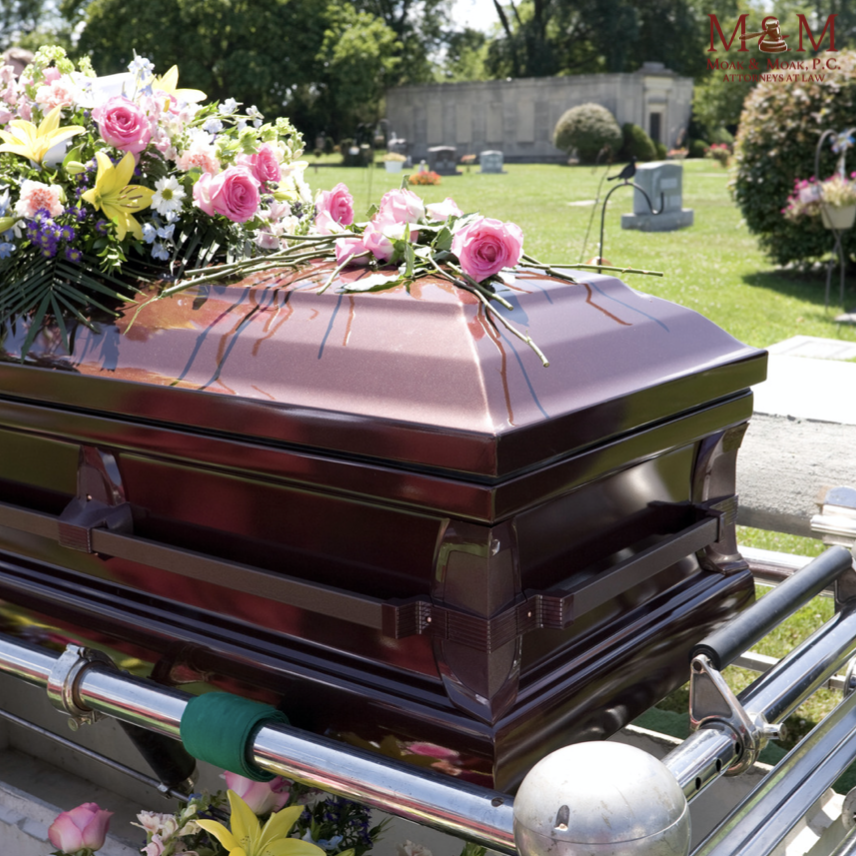Recently, I met with a client who had lost their spouse. They owned a home together and had purchased the real estate 40 plus years ago. In order to sell the home, since the spouse passed without a Last Will and Testament, the surviving spouse could not sell the home. They would have to resolve the deceased spouse’s interest in the property. This was quite a shock to the surviving spouse.
Everyone should have a Will. You may think this is just more fluff from an attorney trying to justify his existence. However, our court system is full of lawsuits in which heirs are arguing over someone’s estate. Many of these lawsuits are the result of someone dying without a Will and thus giving no direction on how his or her estate was to be divided. This week I will point out some of the disadvantages of dying without a Will.
If a person dies without a Will, Texas law determines how his or her property is dispersed and to whom. The public policy of statutes governing the intestate distribution of property is to provide for the orderly distribution of property at death. Because one usually has an idea of how he or she would like his or her property to pass to others, undesired results can arise if he or she dies without a Will. The law does not play favorites, so the distribution is by degree of kinship to the decedent, not by how close or wonderful one was to the decedent. Dying without a Will may trigger undesired results such as the property not passing to the heirs as the decedent wished and unexpected costs and delays.
For example, very often one spouse may prefer to leave everything to the surviving spouse who will provide for and take care of the children, but this may not happen if there is no Will. In families with “your, mine and our” children, the surviving spouse receives only his or her one-half share of the community property, including the family home; only one-third of any separate personal property; and, an estate for life in one-third of any separate real property(land). The remainder of the property would pass to the decedent’s children. If there is any animosity between, for example, the surviving spouse and the deceased spouse’s children by a prior marriage (who are now co-owners of property), conflicts or disputes may arise. Surely this is not what the deceased spouse wanted.
Another example of unintended results of dying without a Will relates to the treatment of lifetime gifts to heirs. Texas law presumes that a gift to an heir is not an advancement of his or her inheritance. Just this week I helped clients, the parents of two children, who have made a sizeable loan to one child with the understanding that the loan is an advancement of his or her inheritance if not repaid. If clients had died without updating their Wills to address this, the estate would have been divided equally among the two children. The child who received the loan would have in effect taken a much larger portion of the total estate.
If the most special people in a person’s life are not among those who would be his or her heirs-at-law, they will not share in the estate if he or she dies without a Will. If an unmarried person dies without a Will, friends or companions will inherit nothing. Thus, a devoted friend, who perhaps cared for the decedent for years, will not inherit property, no matter how unfair it might seem, unless the friend is provided for in the decedent’s will. Also, without a Will, property cannot pass to a charitable organization, no matter how committed the decedent was to its purpose.
In Texas, there is no forced heirship. In other words, a parent is not required to leave property to his or her children. However, one cannot disinherit heirs if he or she dies without a Will. Under the intestate distribution statutes, property may pass to undesired heirs instead of those the decedent would have chosen.
Securing the services of an attorney to help draft your Will and ensure that it is properly formalized, can help avoid confusion, hard feelings and a lawsuit in the future.
.

